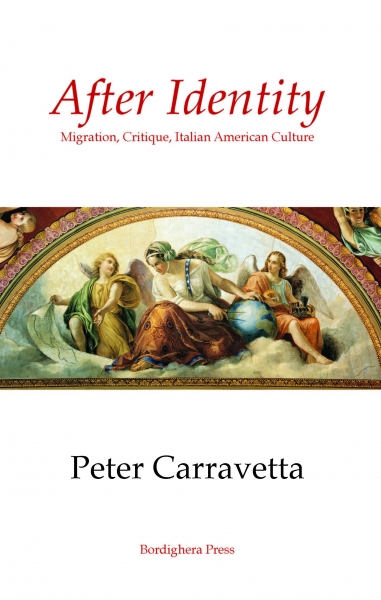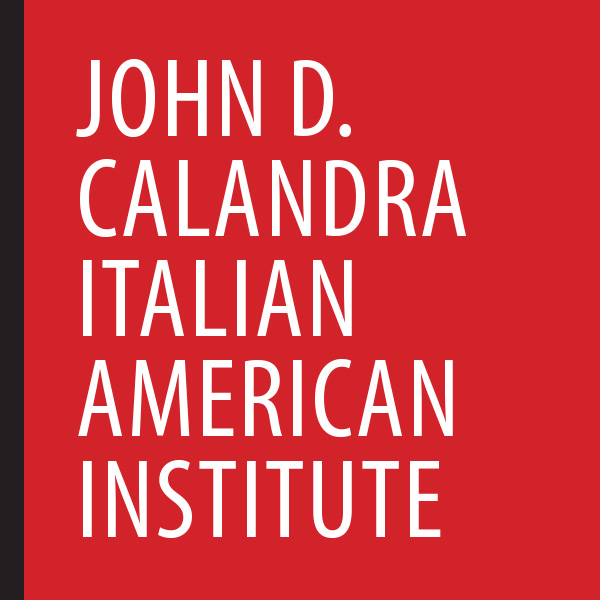
After Identity: Migration, Critique, Italian American Culture
Peter Carravetta, SUNY Stony Brook
This study proposes a fundamental shift in approaching social and cultural history from the viewpoint of migrations as opposed to employing the nation-state paradigm, arguing that a migration focus allows for a more nuanced and politically and existentially flexible notion of identity. Carravetta’s discussions of selected literary works illuminate his argument. After Identity (Bordighera Press, 2017) also posits that ethnic/national identity, typically attributed on the basis of name, language, or provenance, is instead the result of continuous struggles between an inner sense of self and an outer imposition that varies over time and place. The challenge, therefore, is to negotiate this dialectic in view of ever greater flows of capital, technologies, and power structures that are already post-national and trans-ethnic.
After Identity deals primarily with the problem of migration, which the author considers “the engine of history,” claiming that it pervades all discussions on national and personal identity. Migration is also the archetype trope of Italian Americans–something to be studied, not forgotten. Some of the book’s chapters deal with how to read social issues through literature, the importance of understanding our heritage as made up of asymmetrical and heterogeneous narratives of validation and power, how early stereotypes of Italians were created, reflections on the meaning of interpretation as basically a topical and intersubjective exchange, and the need to actively critique neofascist strains in our culture.
At this event, discussants Ron Scapp (College of Mt. Saint Vincent) and Teresa Fiore (Montclair State University) will join Peter Carravetta.

Recent Comments